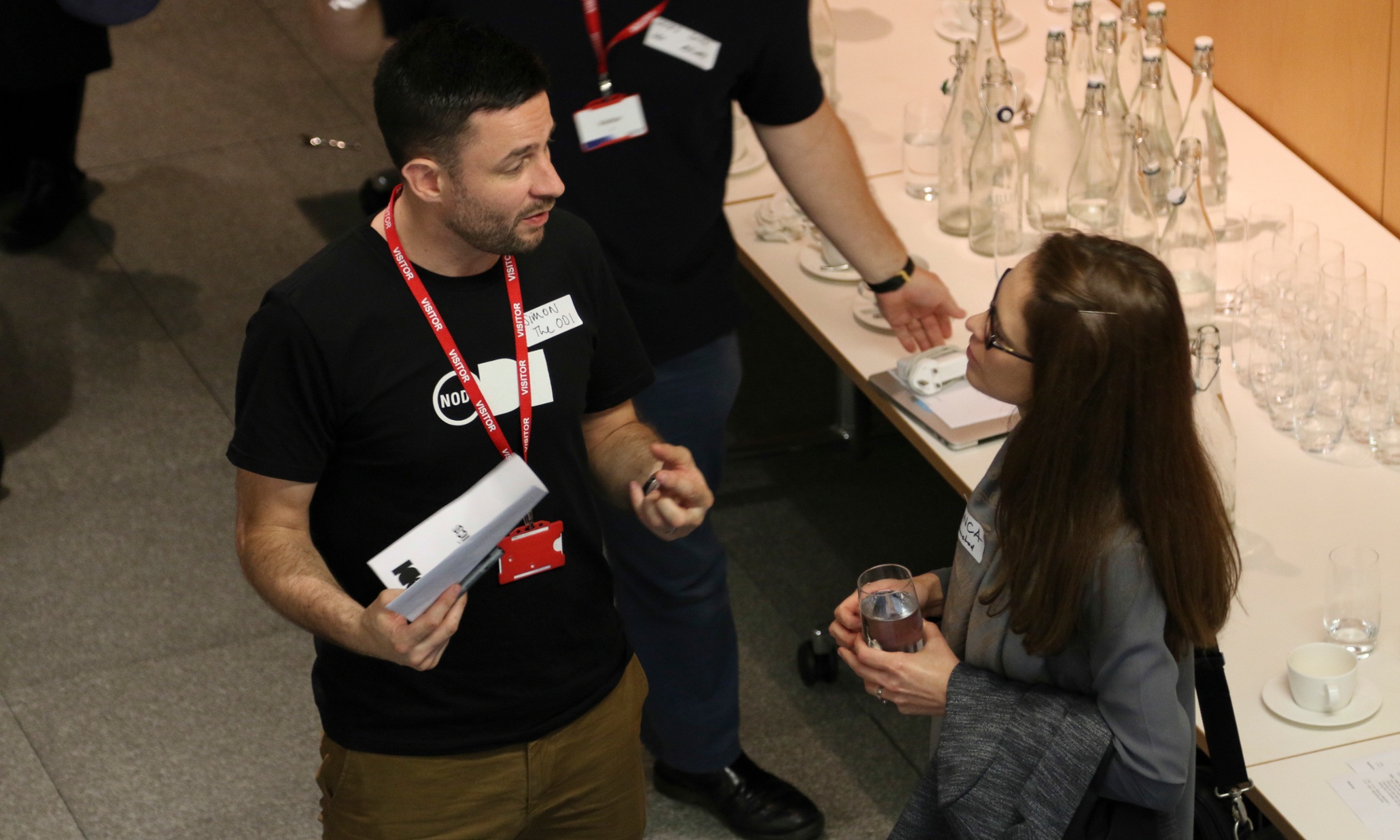
The Open Data Incubator for Europe (ODINE) is set to award a total of €650,000 to the first seven business selected for its open data incubator programme.
The startups and SMEs hail from the UK, Italy, France, Estonia and Austria, and provide open data solutions to pressing issues across Europe, including infectious childhood diseases, the recycling of bio-waste and cycling safety in European cities.
Between 50 and 70 open data-focused businesses will be welcomed on to the programme in two month instalments up until August 2016. ODINE has €5m EU grant funding still to award and urges interested companies to register.
In addition to up to €100,000, businesses will be offered access to peer-networking, technology, datasets, mentorship, investors and the media during their six month incubation.
The programme, which is modelled on the Open Data Institute’s startup incubator, is funded with a €7.8m grant from the EU’s Horizon 2020 programme and is delivered by seven partners, including the ODI, the University of Southampton, Telefonica Open Future, the Guardian, Fraunhofer and the Open Knowledge Foundation (Germany). It was co-developed by the ODI and Telefonica Open Future.
Ulrich Atz, startup programme manager at the ODI, said: “Our first ODINE winners, some of Europe’s top innovators, are using open data in order to create solutions that otherwise wouldn’t exist – everything from the tracking of infectious disease, to creating an e-marketplace for bio-waste.”
He added: “ODINE aims to find and foster the best, sustainable open data businesses out there, and support them to fast-track the development of their products. We are confident that we are championing the best of European ingenuity, and eagerly anticipate more applications.”
UK
- Sickly gathers open data on the spread of infectious illnesses among children using a free app with which parents can securely report their child’s illness to his or her school. Sickly’s aim is to track infectious illnesses with this anonymised data and support public health organisations in the fight against disease.
- Thingful is a global search engine for the internet of things (IoT). It maps and indexes dozens of public open data assets and millions of connected devices from temperature sensors, to air quality monitors, to sharks.
- Pikhaya Smart Streets offers market intelligence to help entrepreneurs and local councils assess the business potential in empty commercial properties in deprived urban centres. The service aggregates open data on local consumer purchasing behaviour and pedestrian footfall, as well as existing local business rent and salary expenditure.
France
- CommoPrices is a web portal of business intelligence that publishes over 1600 commodity prices. Based on open data from French Customs, data is structured, selected and processed to generate benchmark price references.
Italy
- InSymbio is a business-to-business e-marketplace that aims to make one company’s bio-based residues and waste another company’s raw material.
Estonia
- Instats is a web service that aggregates open data from a variety of sources and transforms individual datasets into presentation-ready graphical formats.
Austria
- BikeCitizens offers a platform to the urban cyclist community. The free Bike Citizens App is available for more than 200 cities in the UK and Europe and uses OpenStreetMap to offer offline navigation, route planning and tracking.
This article first appeared on The Guardian.




